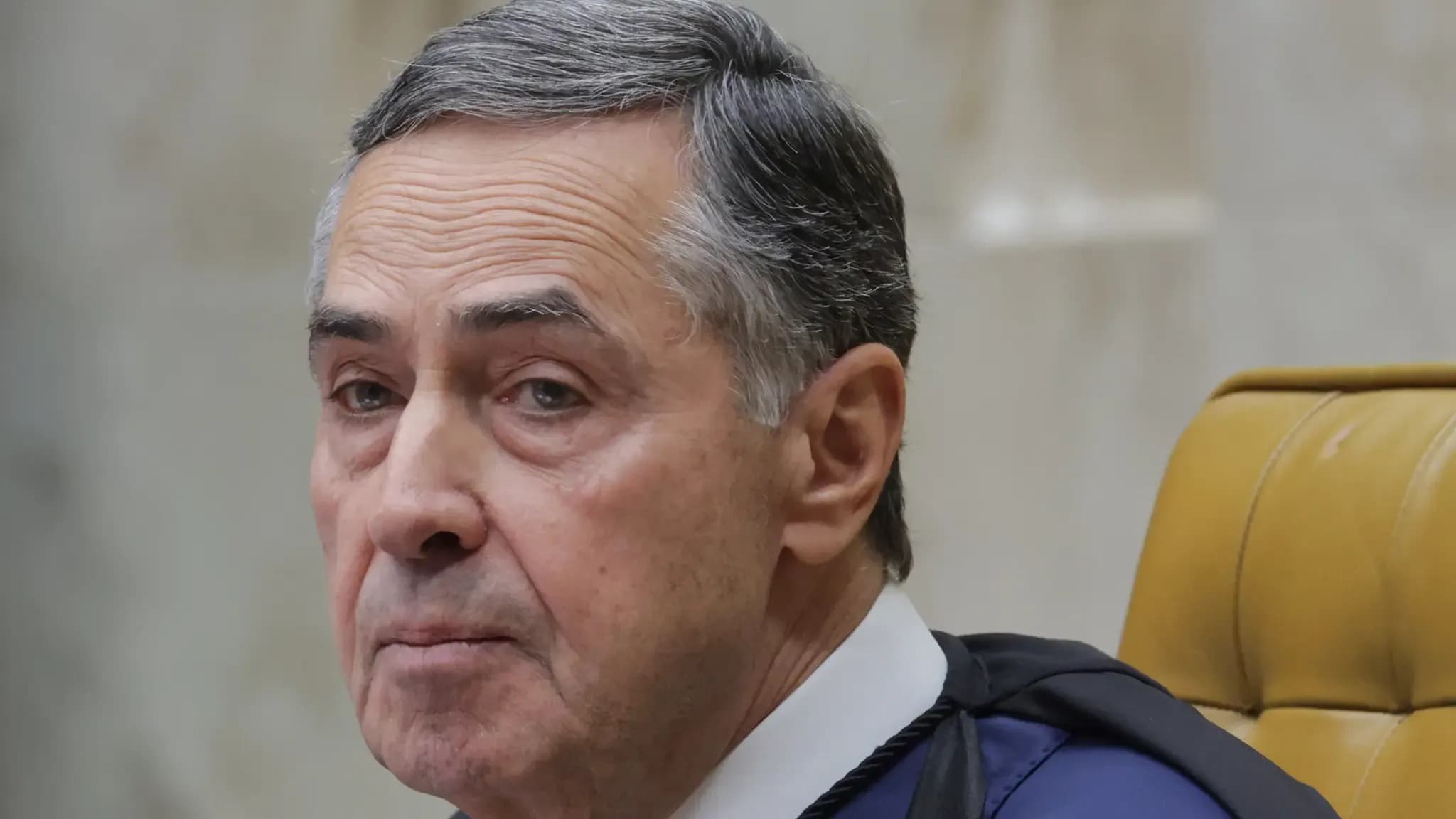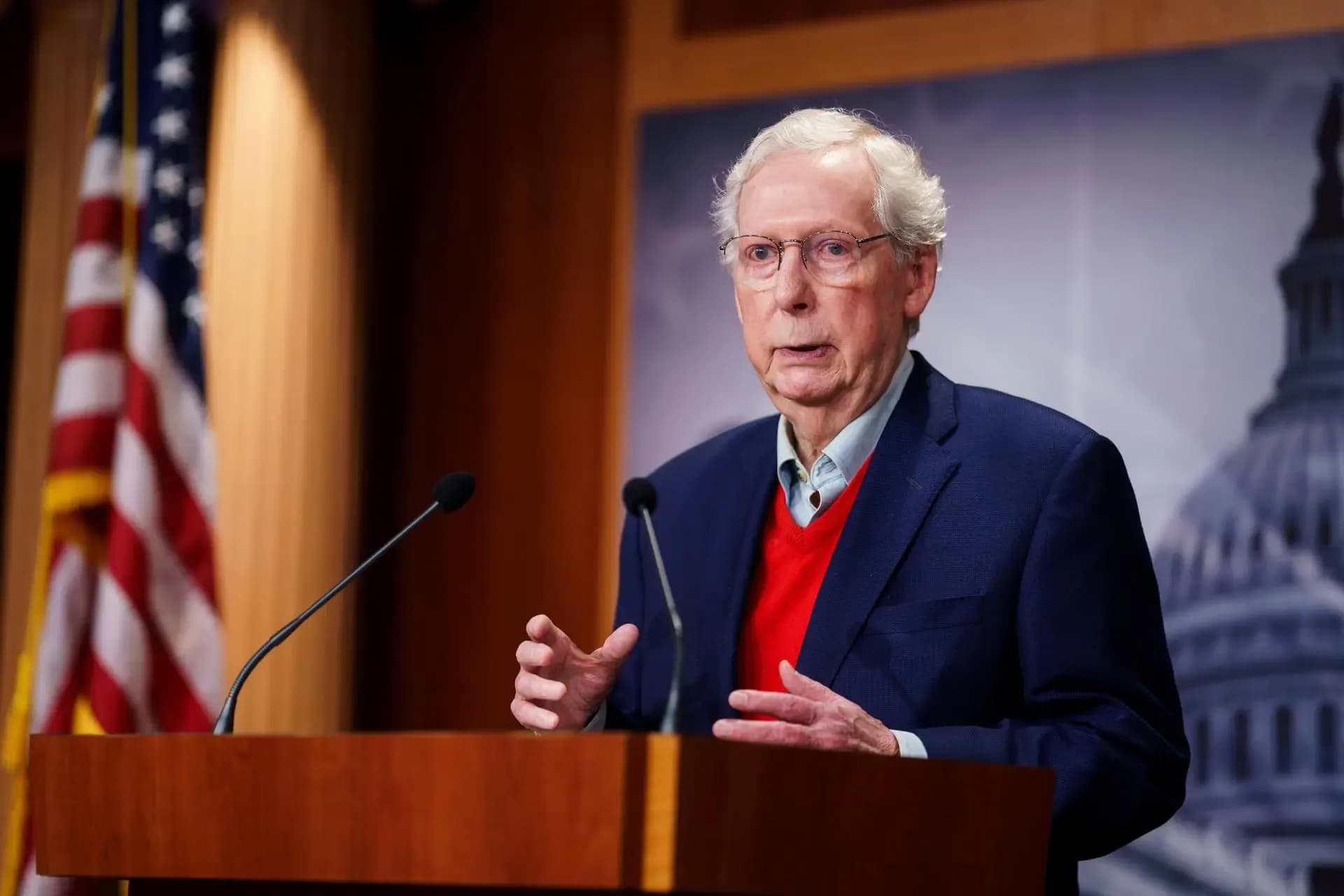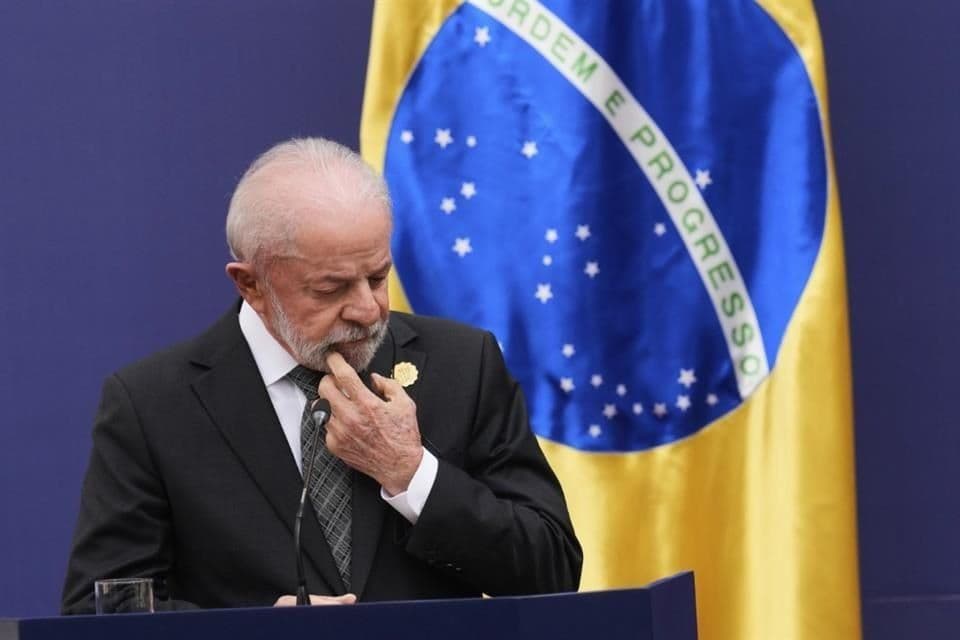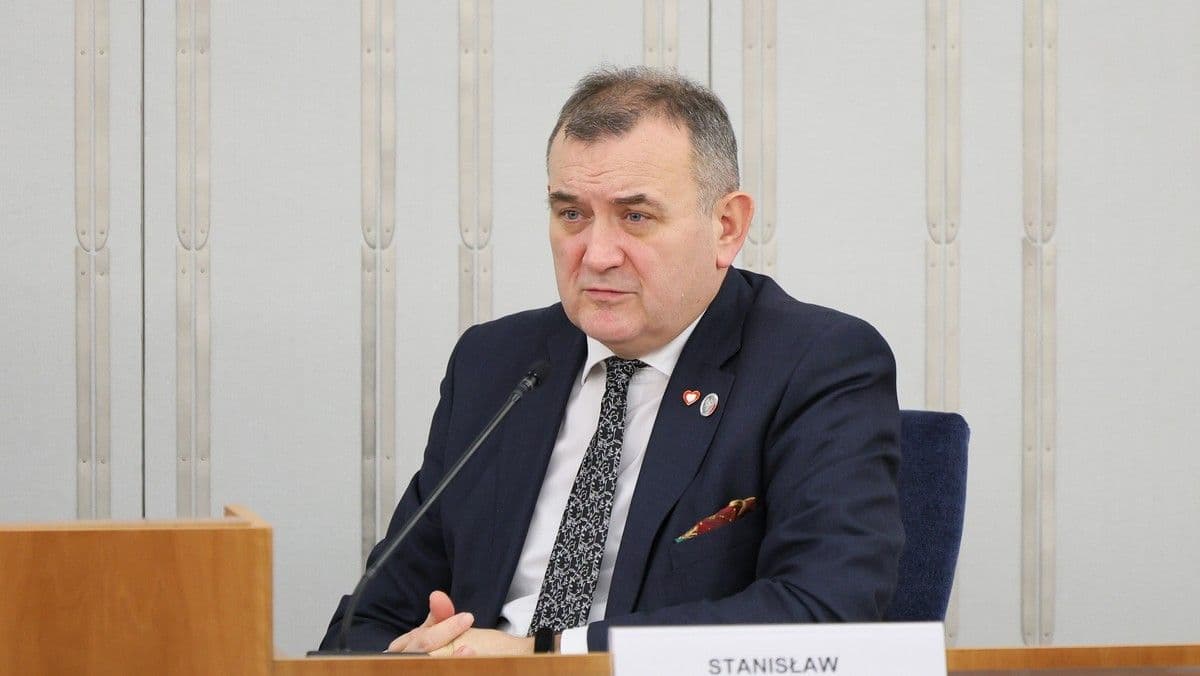The Adult's Game: Rodrigo Pacheco's Crossroads and Brazil's Shifting Power Dynamics
Unpack Rodrigo Pacheco's monumental decision: STF life appointment or Minas Gerais governorship. Explore the high-stakes political chess game shaping Brazil's future.

A Seat at the Highest Court: The Allure of the STF Robe
For Senator , a lifetime appointment to Brazil's Supreme Federal Court () represents perhaps the ultimate career pinnacle, a position of immense prestige and enduring influence in the nation's legal and political spheres. The allure of the STF robe is undeniable, offering stability and power far beyond the transient nature of elected office. Indeed, whispers from within the highest echelons of power suggest that the venerable Justice is not just a supporter, but a vocal advocate for Pacheco's ascension, famously declaring that the STF is "a game for adults" – a clear nod to the gravitas and courage required of its members. This sentiment is echoed by other influential justices, including and , who appreciate Pacheco's past defense of the court during periods of intense political pressure and far-right attacks. The potential retirement of Justice in September, following his term as STF President, opens a coveted vacancy, fueling a high-stakes scramble in Brasília, where Pacheco's name is now prominently featured among a short list of contenders. His candidacy is further bolstered by the strong backing of Senate President , a political ally whose own rise Pacheco significantly facilitated.

The Kingmaker's Imperative: Lula's Minas Gerais Strategy
While the STF beckons with its promise of a lifetime tenure, President harbors a distinctly different, yet equally compelling, vision for Rodrigo Pacheco's future. For Lula, Pacheco isn't just a potential judge; he's the linchpin of a critical electoral strategy for 2026. The President has made it unequivocally clear: he intends for Pacheco to be his candidate for the governorship of . This isn't a mere suggestion; it's a strategic imperative. Lula understands that Minas Gerais, Brazil's second-most populous state, is a political bellwether, famously asserting that "whoever doesn't win in Minas doesn't win in Brazil." A strong, competitive candidate like Pacheco in Minas would provide a robust platform for Lula's own re-election bid, secure crucial votes, and potentially usher in a Senate ally aligned with his political camp. Lula has reportedly acknowledged Pacheco's personal desire for an STF seat, given his legal background and two terms as Congress President, but he's framing the gubernatorial race as a higher calling, transforming it from a personal ambition into a national "cause" for the benefit of his political project.

Navigating the Crosscurrents: Pacheco's Silence and His Past Protections
Caught between the powerful gravitational pull of a Supreme Court seat and the insistent demands of the presidential palace, finds himself at a crucial political crossroads. His public response to these intense pressures has been notably understated, a characteristic "shyness" that belies the magnitude of the decisions before him. Yet, this quiet demeanor masks a history of strategic political maneuvering. Pacheco earned considerable goodwill within the STF during his tenure as Senate President by steadfastly shielding its justices from numerous impeachment requests, particularly during the turbulent Bolsonaro years. This 'blindagem' (shielding) cultivated strong relationships and a deep well of sympathy from figures like , , , and – all of whom now count among his potential advocates for an STF nomination. This past protection highlights the complex web of political debts and alliances that define Brasília. As the political chess pieces move, Pacheco's silence becomes a powerful, if enigmatic, statement, reflecting the delicate balance he must strike between personal aspiration and the powerful external forces shaping his destiny.
Beyond Personal Ambition: Ramifications for Brazilian Politics and Justice
's eventual decision transcends mere personal ambition; it will send ripples across Brazil's political and judicial landscape, fundamentally reshaping key power dynamics. The next 30 days are poised to be pivotal, especially with the impending conclusion of Justice 's term as STF President, and the persistent rumors of his early retirement. Should a vacancy open, Pacheco's choice will directly influence the composition of Brazil's highest court, impacting its ideological balance and future rulings for decades to come. Simultaneously, his decision will be a decisive factor in the 2026 gubernatorial race, a critical battleground that could dictate the success of the incumbent president's re-election efforts. Beyond Pacheco himself, the situation highlights the intricate dance between the Executive, Legislative, and Judiciary branches. It's a high-stakes demonstration of how individual career paths become intertwined with national political strategy, judicial integrity, and the very fabric of democratic governance, proving that in Brasília, as put it, the game is indeed for adults.
Related Articles

Echoes of Principle: De La Espriella's Journey Through Law, Media, and Political Ambition

Echoes of Principle: De La Espriella's Journey Through Law, Media, and Political Ambition

Washington's Wager: How Bipartisan Senate Dissent Reshapes the Brazil Tariff Narrative

Washington's Wager: How Bipartisan Senate Dissent Reshapes the Brazil Tariff Narrative

The Political Price Tag: How Domestic Legal Battles Shaped Trump's Brazil Tariffs

The Political Price Tag: How Domestic Legal Battles Shaped Trump's Brazil Tariffs

The Lingering Question: Stanisław Gawłowski, Political Justice, and the Appeal for Truth
